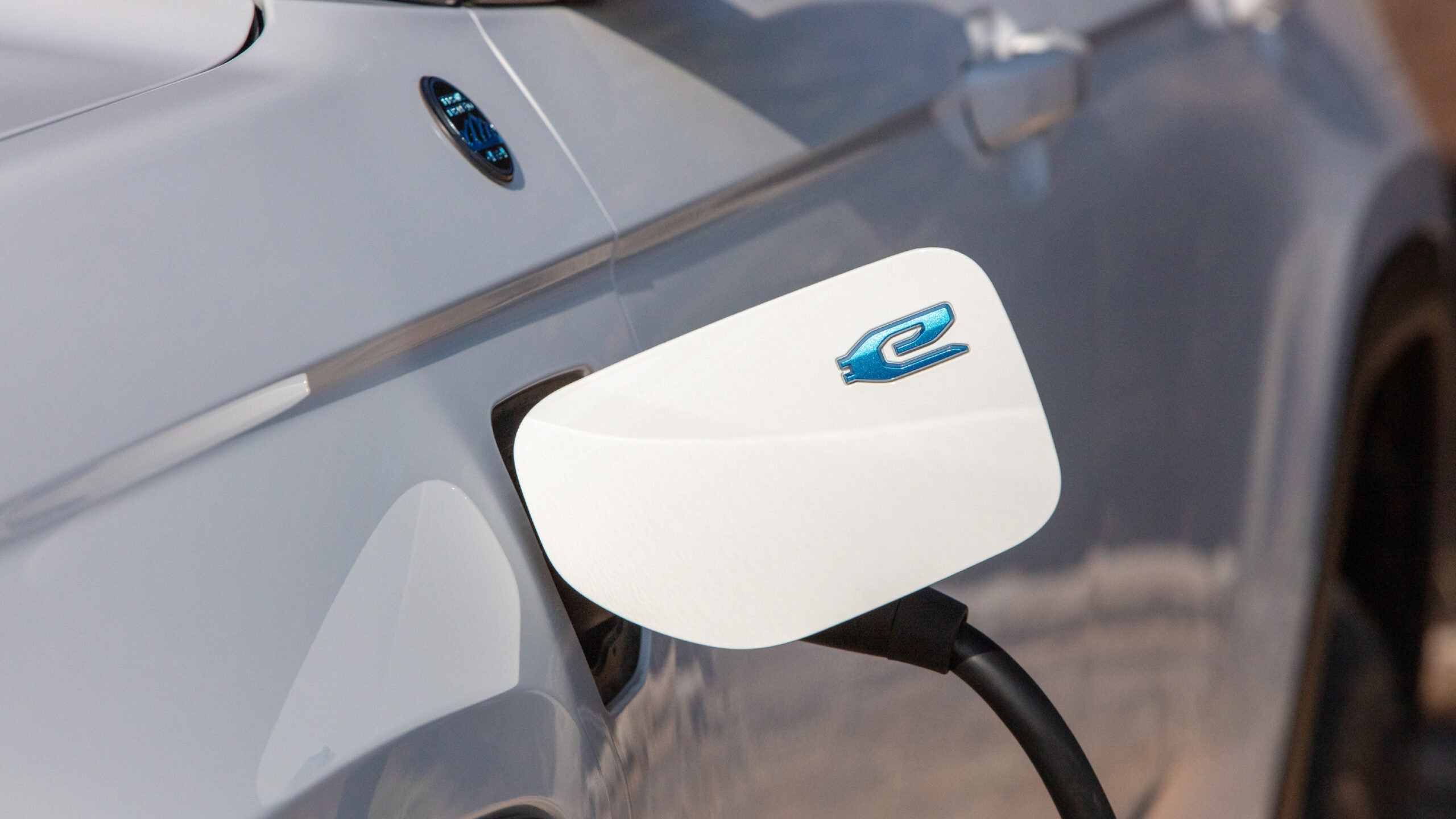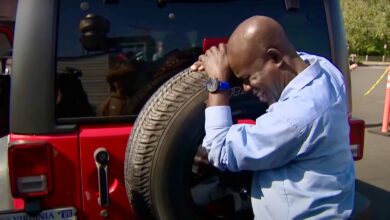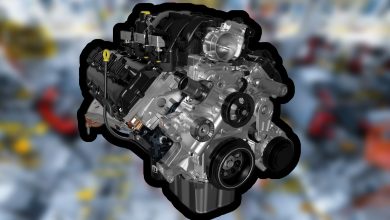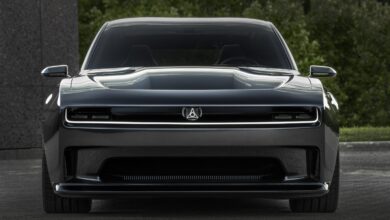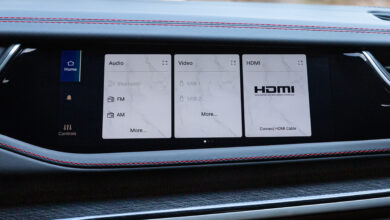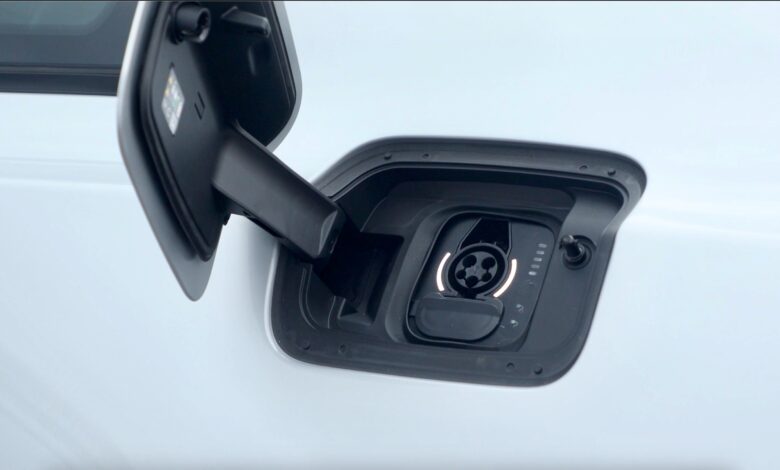
A recent survey from McKinsey & Co. has revealed that many American electric vehicle (EV) owners are contemplating switching back to gasoline-powered cars. According to the 2024 Mobility Consumer Pulse report, 46% of U.S. EV owners indicated they were “very” likely to make this change with their next vehicle purchase. This figure is notably higher than the global average, with 29% of EV owners expressing similar sentiments.
Key Findings from the Survey –

The McKinsey survey, which polled nearly 37,000 consumers worldwide, identified several key reasons why American EV owners are experiencing buyer’s remorse:
- Lack of Charging Infrastructure: 35% of respondents highlighted the insufficient availability of charging stations as the most cited reason. Many EV owners find locating convenient and reliable charging points challenging, especially during long trips.
- High Total Cost of Ownership: The second most common concern, noted by 34% of participants, is the overall expense associated with owning an EV. Despite lower fuel costs, factors like higher purchase prices and potentially costly battery replacements contribute to this perception.
- Impact on Long-Distance Travel: Approximately 32% of EV owners mentioned that their driving patterns, particularly for long-distance travel, are adversely affected by the current limitations of EVs. The time required for charging and planning can be inconvenient compared to refueling a gasoline vehicle.
Comparison with Other Countries –
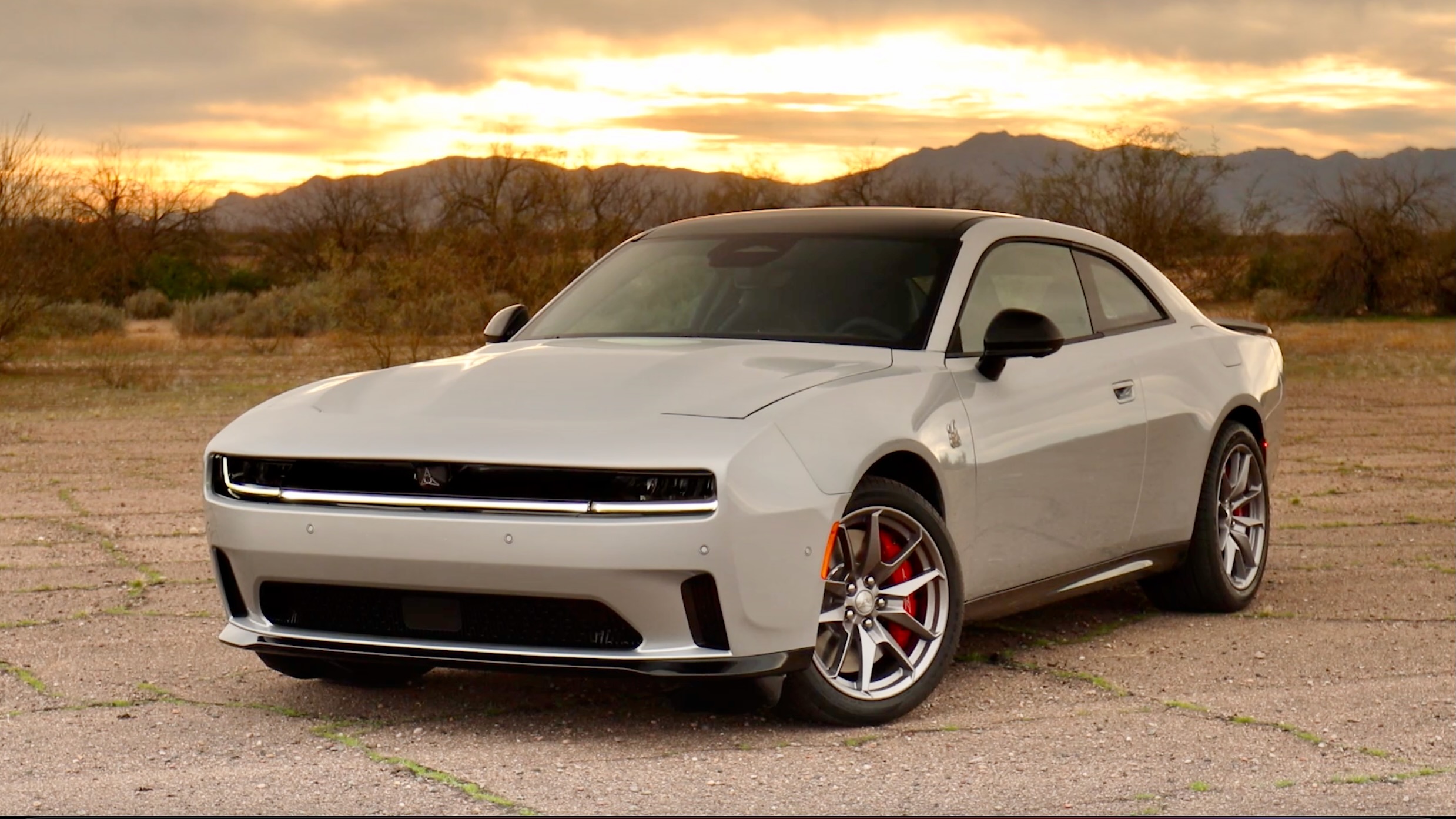
Among the countries surveyed, Australia had an even higher percentage of EV owners (49%) considering a return to internal combustion engine vehicles. In contrast, countries like Norway, which have invested significantly in charging infrastructure, showed a lower tendency among EV owners to switch back.
Infrastructure Challenges –
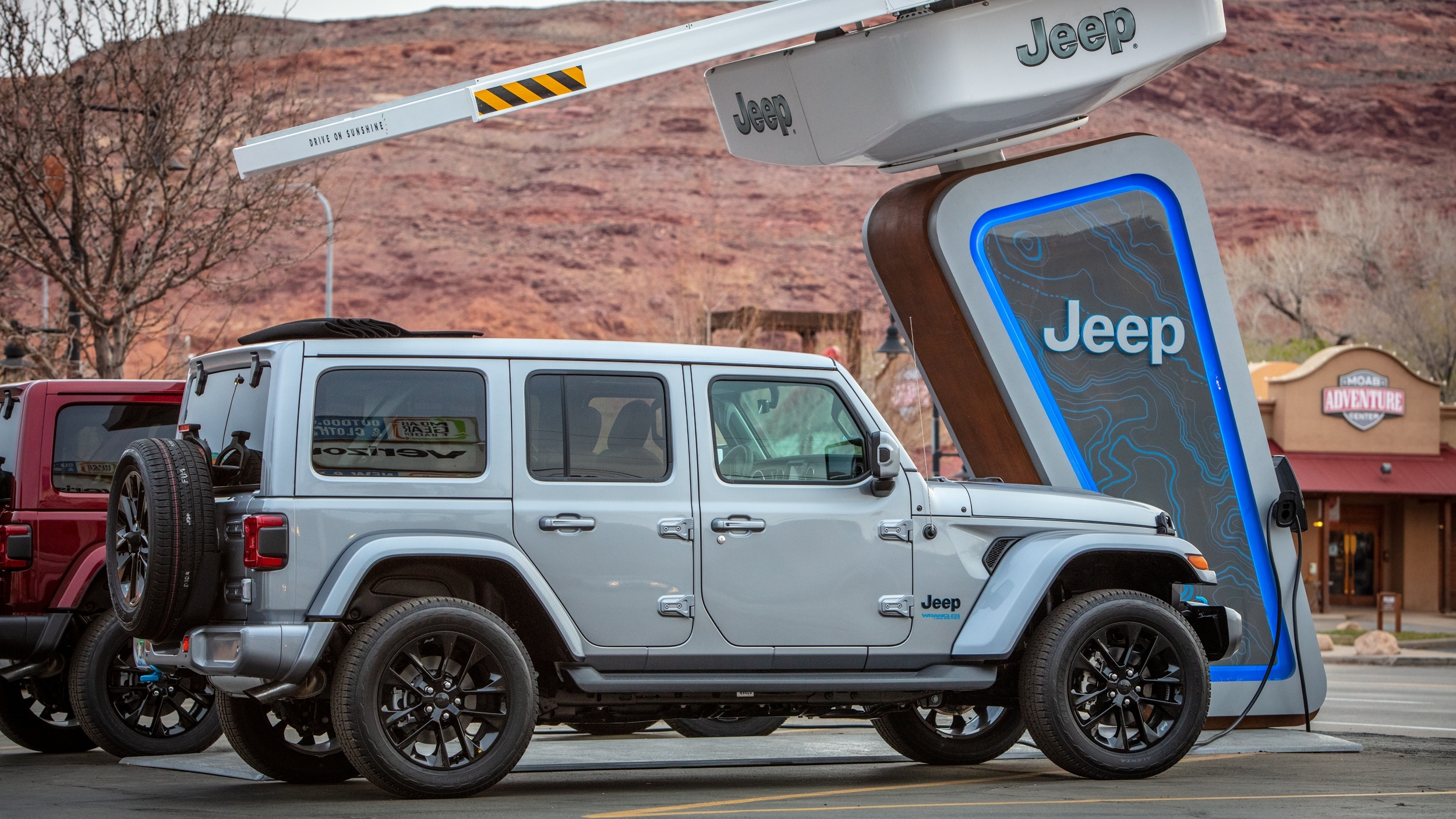
Only 11% of EV owners globally feel that their local charging infrastructure is well set up. This highlights a widespread issue that transcends national boundaries. In the U.S., efforts to expand the charging network have been underway, with the Biden administration committing billions of dollars to build 500,000 charging stations by the decade’s end. However, progress has been slow, with only a handful of federally funded chargers being constructed.
Industry Response –
